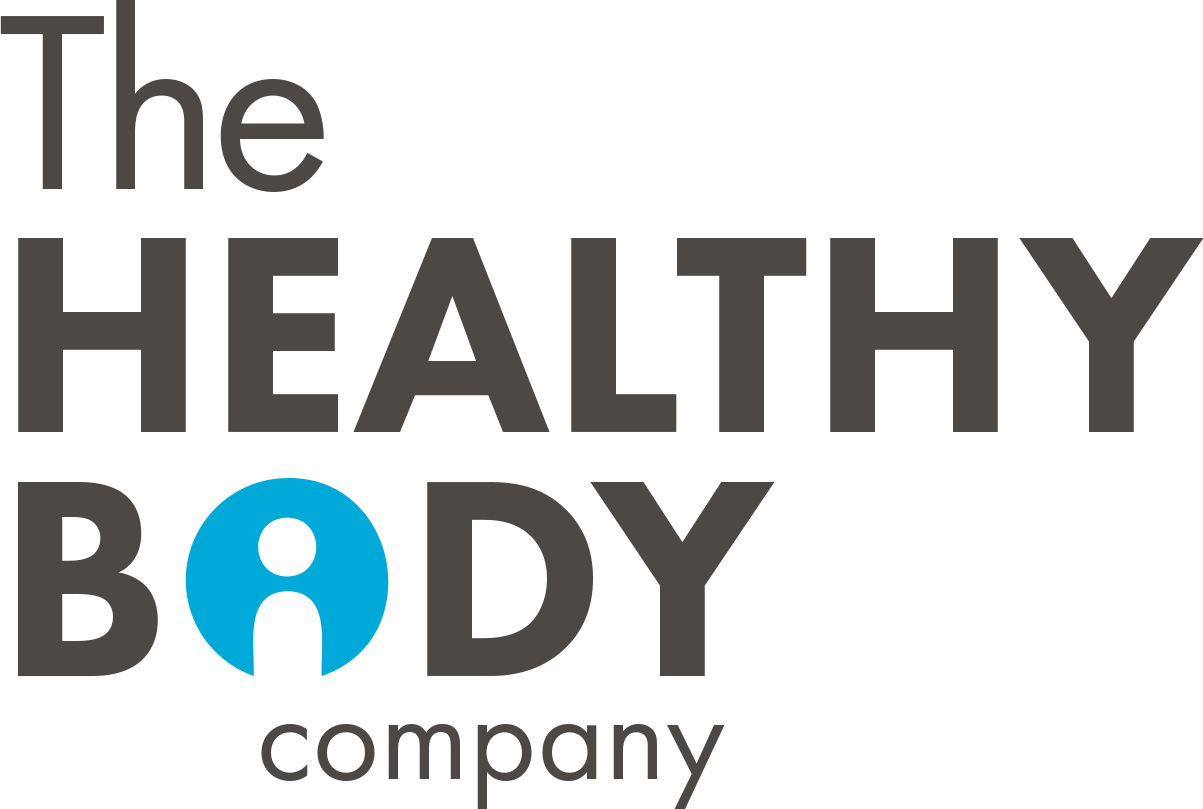Read more
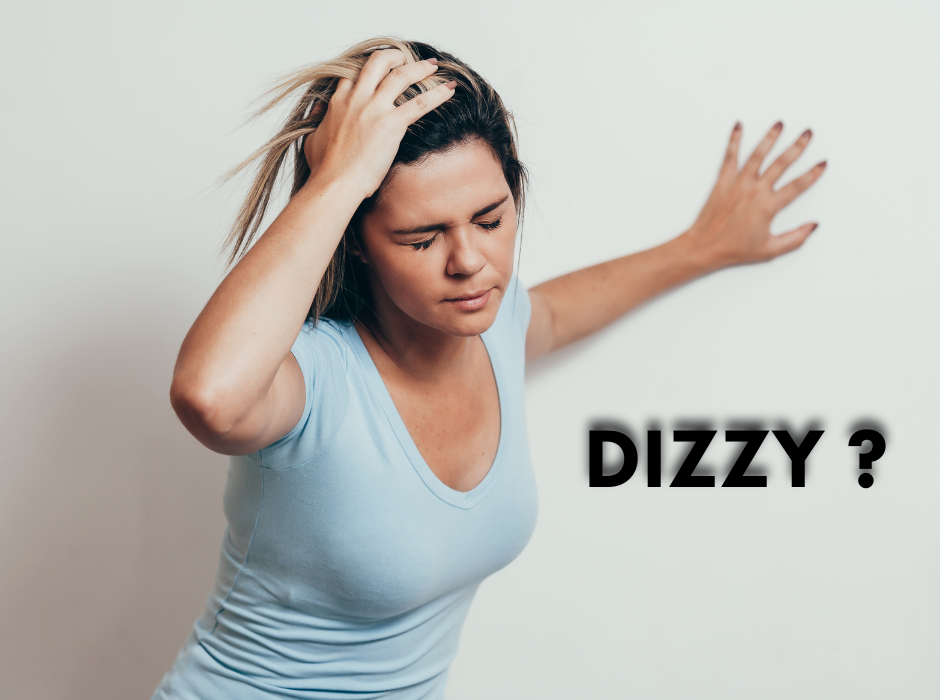
Vestibulo-Ocular Dysfunction – not all dizziness is the same
Ever felt like you have sea legs but haven’t been on a boat recently? This feeling can often be associated with vertigo. Vertigo can be a debilitating symptom of benign paroxysmal positional vertigo (BPPV) – where the crystals in our inner ear are moved from their normal position, we have written about that before – […]
Read more
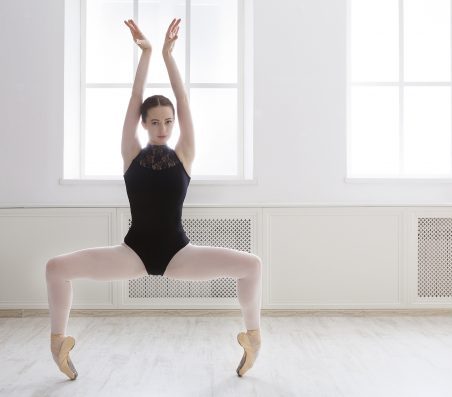
Attention Dancers: Are you increasing your turnout safely?
It seems most young dancers are searching for the solution to improve their turnout, however aren’t seeing lasting results. Who has been guilty of sitting in front splits or “froggy” stretch for hours on end, in the hope of increasing turnout range, only to find no difference except irritation in the front of your hips? […]
Read more
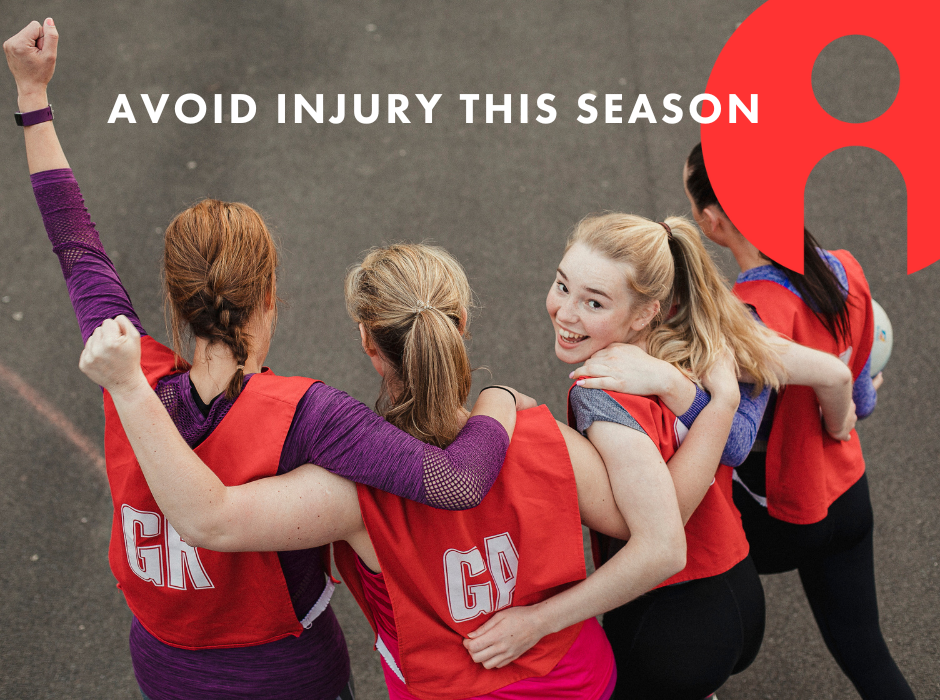
Netball Injury Prevention
In netball, players are required to perform a high level of movement competency and have the physical capabilities to cope with the repetitive movement patterns in a game. Its sudden, explosive and repetitive accelerations and decelerations, repetitive landings and changes in direction heightens the risk of an injury occurring. For example: 50% of netball players […]
Read more

Are stiff and sore knees stopping you from exercising?
Do you wake up with painful or stiff knees in the morning? Are you finding your daily walks or climbing stairs harder than usual? This is the blog for you! What is osteoarthritis? Osteoarthritis (OA) is the most common form of arthritis. This joint disease is characterised by a break down in the cartilage (smooth […]
Read more
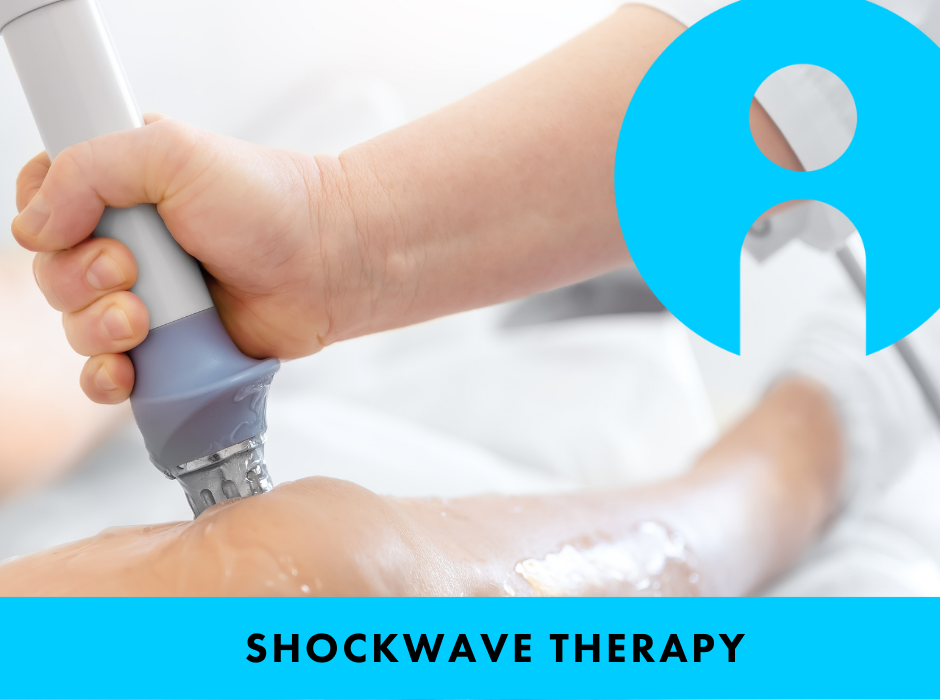
Shockwave Therapy. Sounds interesting – but what is it?
Shockwave is a safe and non-invasive therapeutic device that has become more popular in the past 10-15 years for use in the treatment of particular musculoskeletal conditions. Recently the research and evidence for the use of shockwave has become stronger and its use in physiotherapy has grown. How does it work? Shockwave is a device […]
Read more
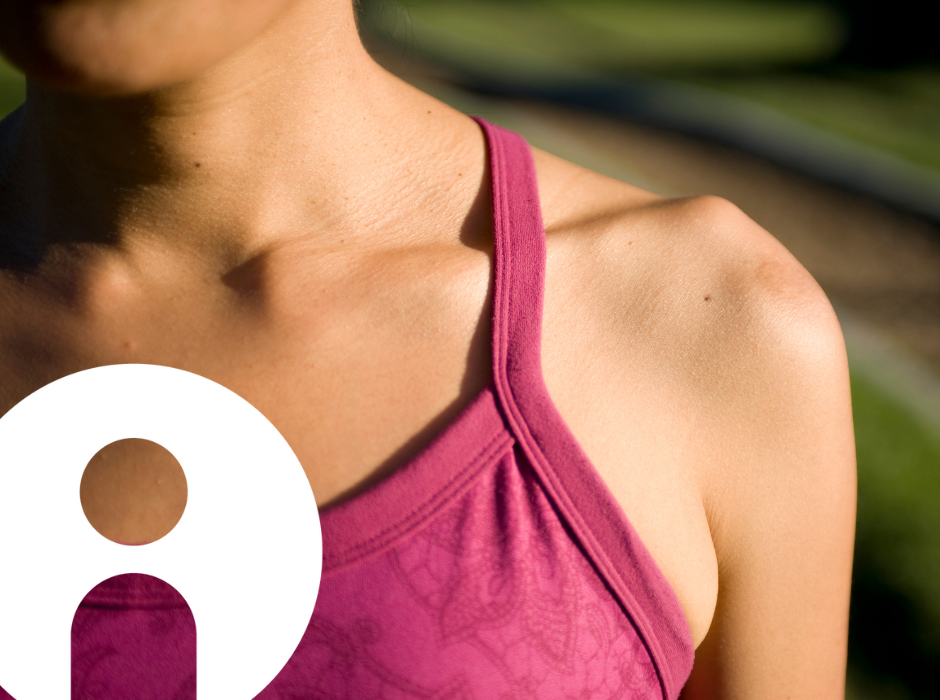
Do you have a rotator cuff tear?
A rotator cuff tear is when the tendon that connects the muscles of the shoulder blade (scapula) to the arm bone (humerus) is partially or fully torn. What is the rotator cuff? The rotator cuff is composed of 4 different muscles: the supraspinatus, infraspinatus, teres minor and subscapularis. These muscles all have individual actions to […]
Read more
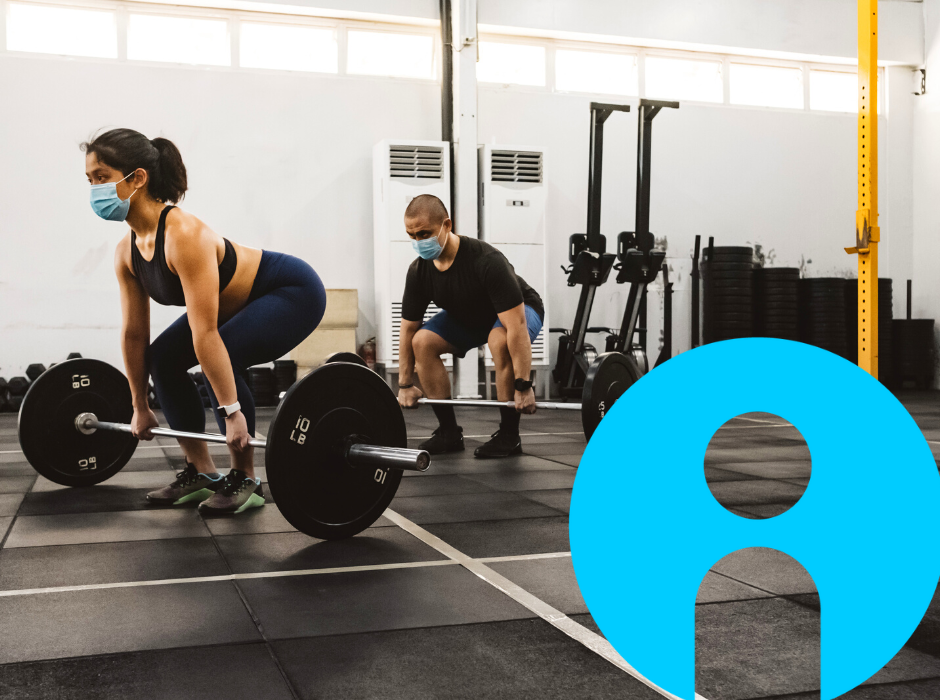
Are there any ‘bad’ exercises?
As a Physiotherapist with previous experience as a Personal Trainer and Exercise Physiologist, and regular gym goer, it is fair to say that there is great emphasis upon exercise within my treatments. All too frequently in clinic, I am either asked questions along the lines of: “Is shoulder pressing bad for your shoulders?” “Are squats […]
Read more
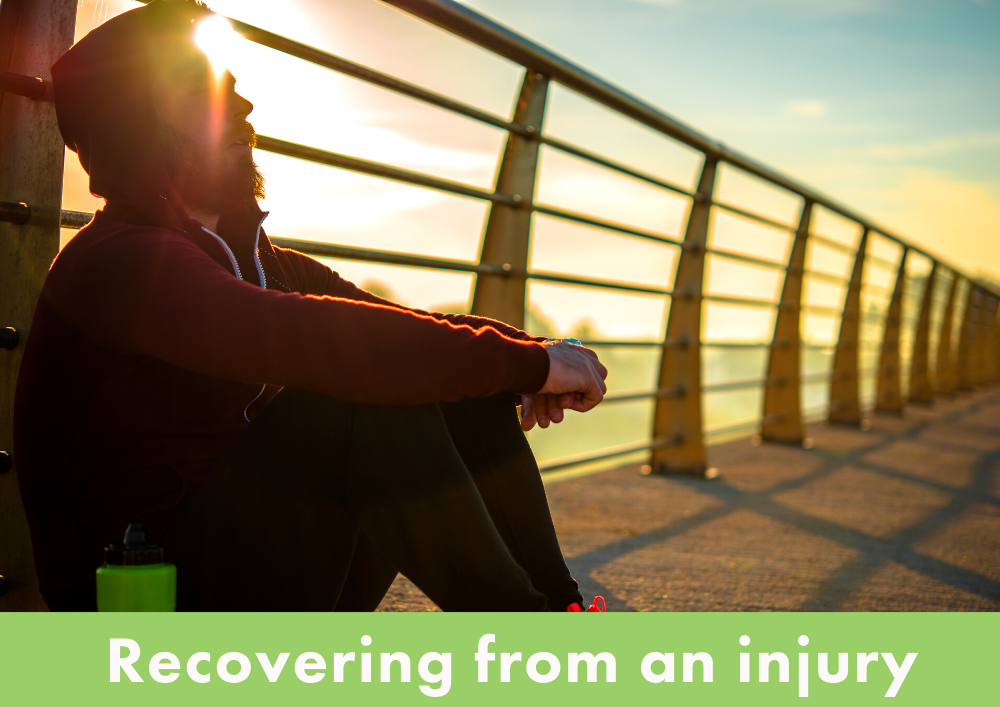
Recovering from an injury doesn’t mean we stop all together!
Recovery does not always mean that everything has to stop. Isaac Serhan, Senior Physiotherapist discusses the options.
Read more
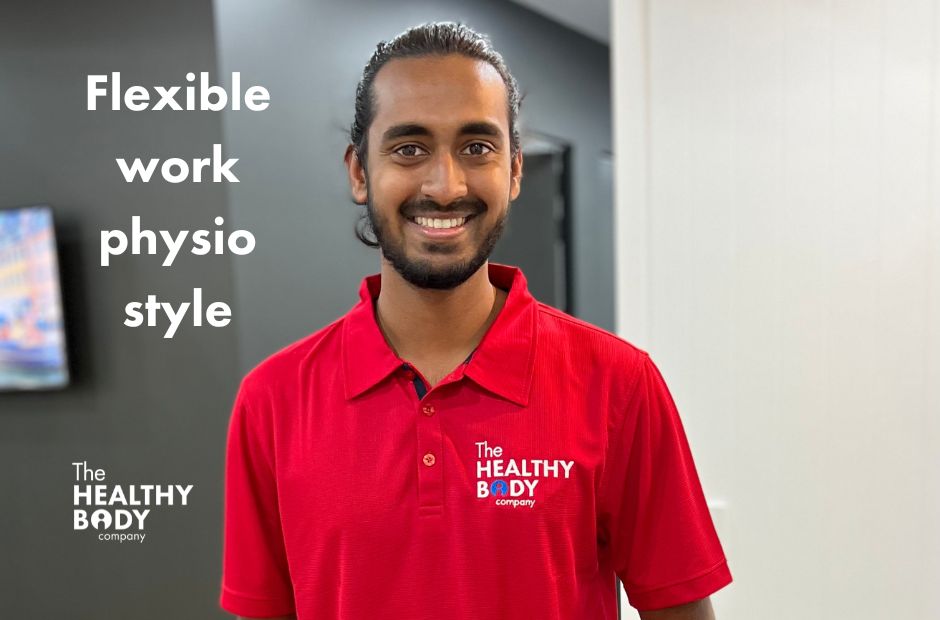
Flexible work physio style
When we often talk about flexibility to our patients, we aren’t usually referring to work hours or lifestyle. Flexibility usually means the ability to bend without breaking – or in a physio sense we start talking about your muscle’s ability to stretch to allow movement! But what about all this talk about flexible work? Does […]
